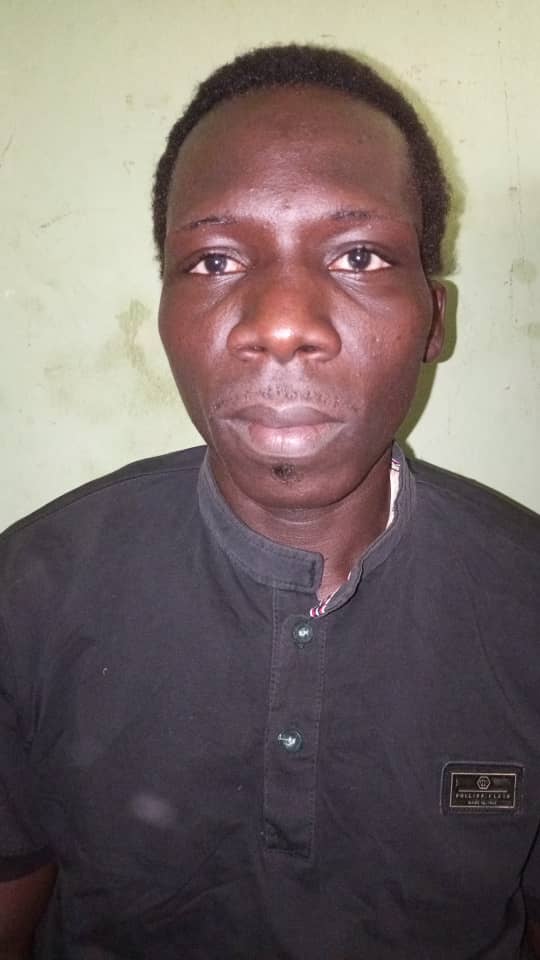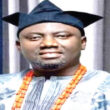The Supreme Court’s decision to uphold the death sentence of Adamawa farmer Sunday Jackson continues to draw outrage as more human rights activists condemn what they call a miscarriage of justice.
Their renewed criticism follows fresh revelations from Jackson’s counsel, Barr. Sanni Akanni, who shed more light on the case during an interview on Inside Sources with Laolu Akande on Channels TV.
Akanni revealed that Jackson was working on his farm when a herder trespassed with his cattle. A confrontation ensued after Jackson objected, leading to a physical struggle.
The herder allegedly attacked Jackson with a knife, stabbing him twice—once in the back and once in the leg. Jackson, however, managed to wrestle the knife from his attacker and, in the course of the struggle, fatally stabbed the herder.
Following this, Jackson was initially convicted by the High Court of Yola and sentenced to death in 2020. His legal team appealed the ruling, arguing that his actions were in self-defense, as recognized under Section 33(2) of the Nigerian Constitution, which permits the use of force to protect one’s life.
However, the Court of Appeal upheld the High Court’s verdict. In December 2024, Jackson’s case was heard at the Supreme Court, and on March 7, 2025, the apex court delivered a split decision affirming the conviction.
Following Akanni’s interview, several rights organizations, including Injustice Is Real and the Centre for Human and Socioeconomic Rights, have intensified their calls for clemency.
Ngozi Molokwu, Chief Executive Officer of Injustice Is Real, condemned the judgment, arguing that the prosecution failed to prove the murder charge beyond reasonable doubt.
Centre for Human and Socioeconomic Rights Chief Executive Officer, Alex Omotehinse, also expressed disappointment over the Supreme Court verdict, saying it signals the loss of “hope for the common man.”
Jackson has appealed to Adamawa Governor Ahmadu Fintiri for clemency after the Supreme Court upheld his death sentence for the killing, which his legal team argues was in self-defense.
The appeal is supported by international human rights lawyer Emmanuel Ogebe, a Nigerian-American based in Washington, and by a petition signed, at the last count, by 1,141 public-spirited global citizens.
See the global citizens’ petition HERE










